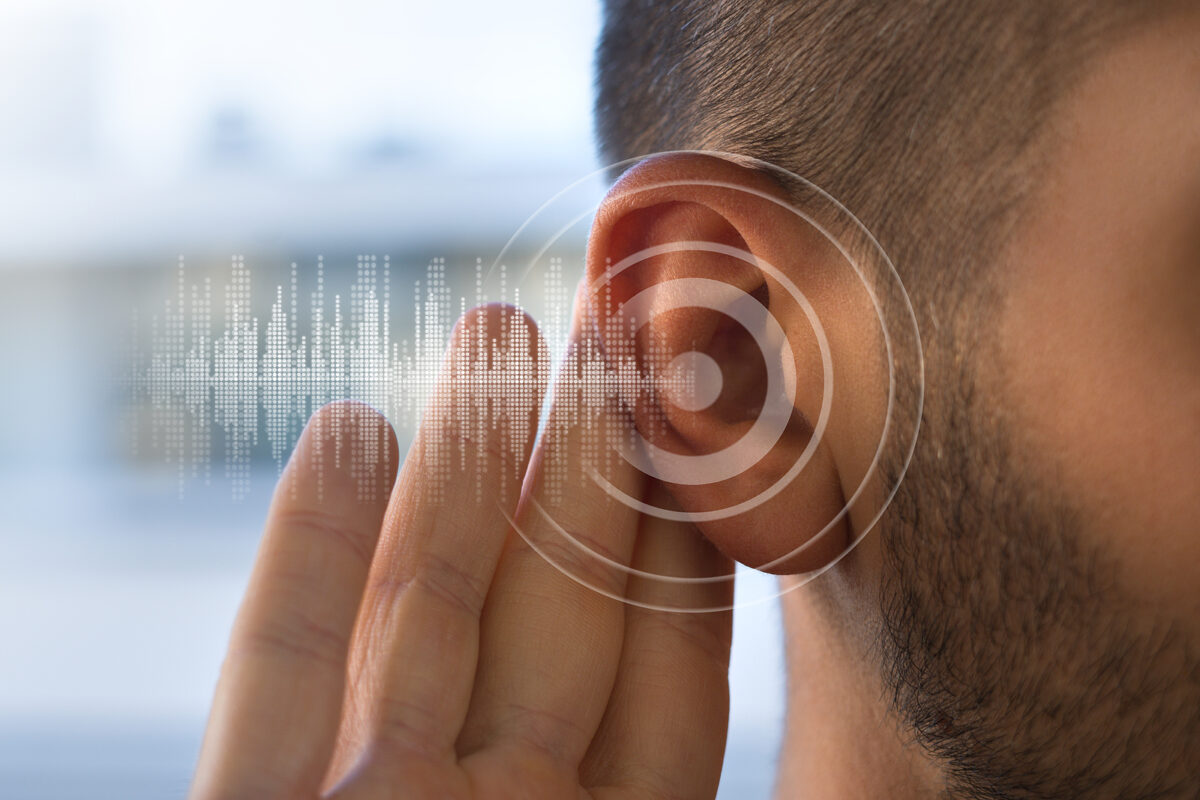It is a noisy world out there and it only seems it is getting noisier! With continued industrialization across the world and an increase in access to unlimited information and media, via internet streaming, the world just seems to be getting louder and louder. This may not seem like a problem at first but currently there is an estimated 1.5 billion people living with hearing loss globally! In the United States alone, this number is estimated to be around 48 million people!
The World Health Organization (WHO) is concerned that the rise in sound and inevitable impact on hearing across the world shows no sign of slowing down. In fact, they release a report in March 2021, which warns that these statistics are projected to grow rapidly!
WHO estimates that by 2050, 2.5 billion people worldwide will be living with some degree of hearing loss – a 50% increase in less than thirty years!
A Global Increase in Hearing Loss!
What does it mean, that hearing damage is on the rise? Hearing loss is often underestimated and unaddressed. In developing countries many struggle to gain access to proper testing and treatment. Even in the United States, hearing loss is drastically unaddressed. Of those 69 and older who have hearing loss, only 20 percent have even tried hearing aids—the most common treatment for this pervasive issue. To address the rise and threat of global hearing loss, WHO’s World Report emphasizes the importance of investing in and expanding access to hearing healthcare services globally.
Fighting the Rise of Hearing Loss
2.5 billion people with hearing loss globally would mean 1 in 4 people living with the condition. This is alarming for many reasons. Hearing loss is an issue with the ability to listen. This means that communication is often strained as is the abilty to hear the world and sounds around. It can quickly put strains on professional and personal relationships affecting sense of self, self-esteem and causing chronic depression. Over time this can lead to social isolation, cognitive decline, and a heightened risk of dementia. On a physical level, the reduction in the ability to hear the world around you can increase the risk of falls and accidents, leading to hospitalization.
What is Causing the Rise in Hearing Loss Globally?
WHO suggests a few factors for this staggering increase including:
- Common misconceptions: Worldwide, many people don’t understand the severity of hearing loss of the signs. People can live for years with undiagnosed hearing loss. Even as they do understand it’s presence, the understanding of it’s dangerous risks are often downplayed. It’s common for people to believe that they can just go on with out treating their hearing loss, when the effects will catch up in nermerous ways, that may not even seem connected at first.
- Stigmas of hearing loss: Many people think of hearing loss as a sign of old age or disability in an unfavorable way. When they understand that addressing a hearing loss can help you be more aware of the world, increase mobility and improve communication, it can actually slow the cognitive decline and social isolation common with unaddressed hearing los. It seems that what actually ages an individual is avoidance and inaction around a hearing loss.
- Lack of access to services: hearing healthcare is not usually integrated into national health systems. Even in the US, hearing healthcare is rarely covered by most insurance carriers. In developing countries, WHO reports:
- nearly 78% have less than one ENT specialist per million population
- 93% have less than one audiologist per million population
Education and Increased Resources to Address Hearing Loss
WHO recommends investing in comprehensive education around hearing loss. This includes prevention and education such as safe listening standards and broader public understanding of when your hearing may be at risk. Hearing protection needs to be widely accessible, and education is essential in understand how to properly wear it.
Access to hearing healthcare means increase ability worldwide to schedule hearing exams and obtain hearing aids or cochlea implants to enhance hearing in hearing impaired individuals. If you suspect that your hearing may be at risk or has already sustained damage, it is essential that you schedule a hearing exam as soon as possible. The fight against world hearing damage can start with you!

